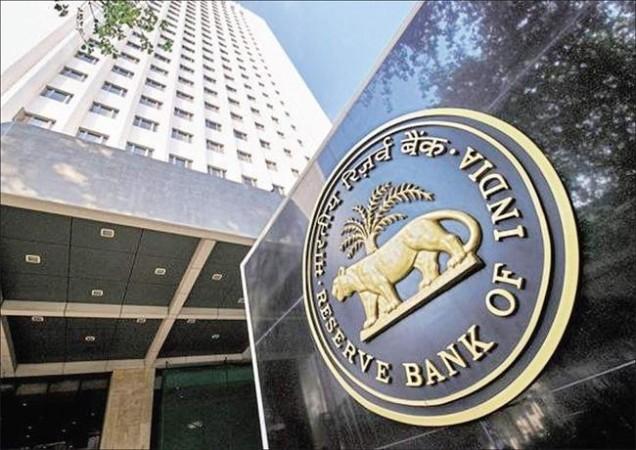India's foreign exchange reserves fell by $8.3 billion to $566.95 billion in the week ended February 10 -- its biggest weekly fall in 11 months.
According to data released by RBI on Friday, the reserves are at their lowest level since January 6, 2023. The fall for the second straight week was mainly due to a decline in the foreign currency assets, which dropped $7.1 billion to $500.59 billion.

In the week ended February 10, the rupee lost 0.8 per cent to close at 82.51 per dollar as US jobs data sparked worries of the Federal Reserve raising interest rates for longer than was earlier anticipated.
RBI measures to boost forex inflows
The fall in forex reserves has come imminent despite a slew of measures undertaken the Reserve Bank of India (RBI) in July 2022 to boost foreign exchange inflows. The central bank vowed to diversify and expand the sources of forex funding.
The RBI has exempted incremental Foreign Currency Non-Resident Bank (FCNR-B) and Non-Resident (External) Rupee (NRE) deposit liabilities for computation of Net Demand and Time Liabilities (NDTL) for maintenance of cash reserve ratio (CRR) and statutory liquidity ratio (SLR) by the banks.
These measures came into effect from July 1, 2022.

"This relaxation will be available for deposits mobilised up to November 4, 2022. Transfers from Non-Resident (Ordinary) (NRO) accounts to NRE accounts shall not qualify for the relaxation," the RBI said.
It also decided to temporarily permit banks to raise fresh FCNR(B) and NRE deposits without reference to the extant regulations on interest rates, with effect from July 7, 2022. This relaxation was available for the period up to October 31, 2022.
The RBI also relaxed rules relating to foreign portfolio investment in debt by allowing all new issuances of government securities (G-Secs) of 7-year and 14-year tenors, including the current issuances of 7.10 per cent GS 2029 and 7.54 per cent GS 2036, under the Fully Accessible Route (FAR).
Short-Term Measures
It also decided that investments by FPIs in government securities and corporate debt made till October 31, 2022 will be exempted from the macroprudential short term limit - not more than 30 per cent of investments each in government securities and corporate bonds can have a residual maturity of less than one year.
However, the forex reserves have returned to their declining trend once these short-term measures are over. Currently, India and Bangladesh are the only countries which have witnessed a stable economy and the fall in forex reserves need to be contained to face any impact on the country's economy and markets.
(With inputs from IANS)












